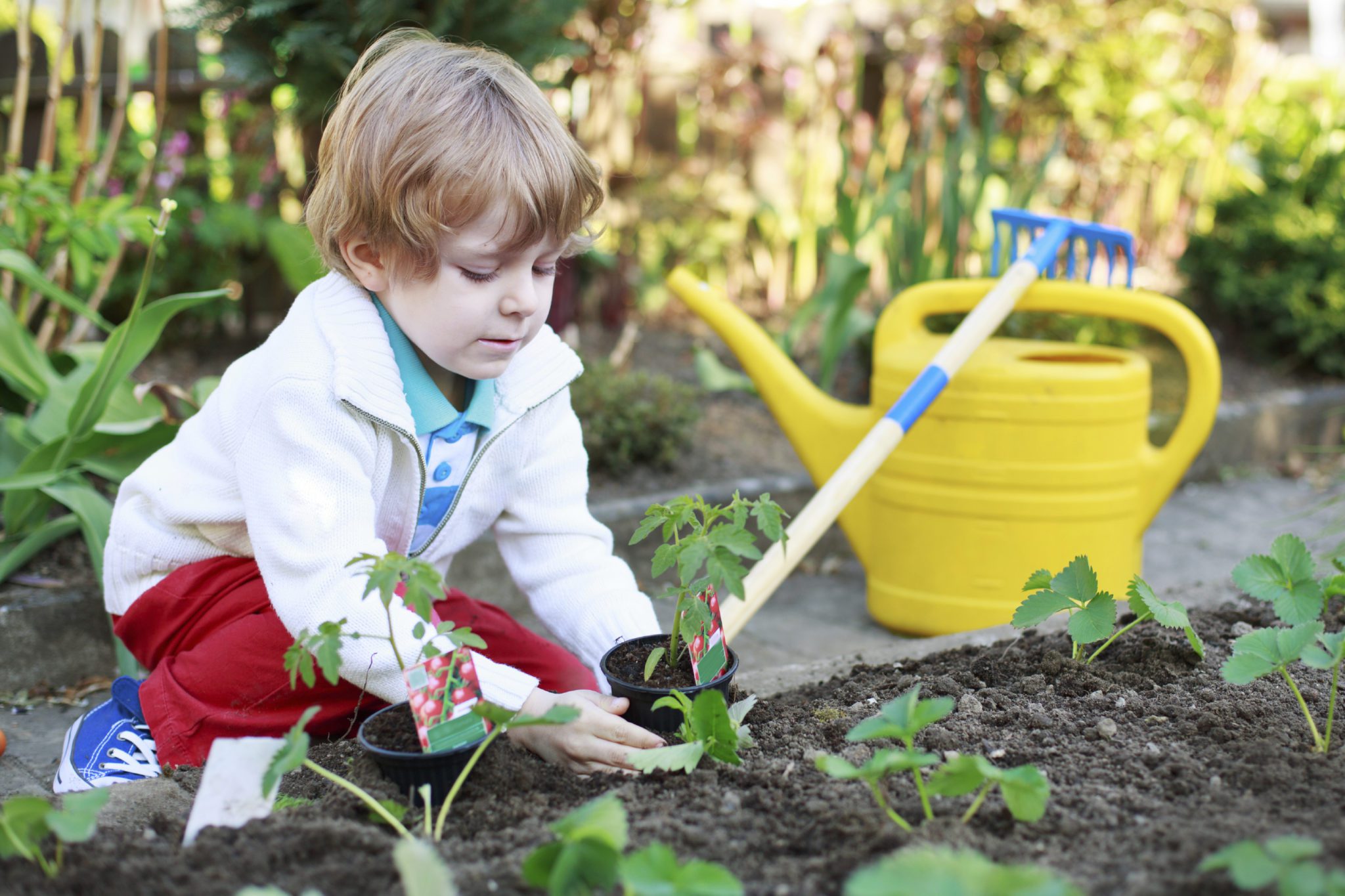Why It’s OK To Be Unplugged At Summer Camp

Posted in: Grade School, Hot Topics
Topics: Healthy Living
Camp provides time to be in nature and to practice living away from family. And, other than time spent asleep, camp is one of the few extended periods of time when kids will be away from their screens and devices. To better understand why it’s hard to unplug for summer camp, we interviewed Michael Thompson, Ph.D., a Massachusetts psychologist and renowned parenting expert. He is the author of the book, Homesick & Happy – How Time Away from Parents Can Help a Child Grow.
What do you hear from campers about the experience of being unplugged for weeks at a time? Do they complain?
Children find it tough to live without their iPhones, iPods and other gizmos for the first two days and, yes, they do complain for a while. But they are all in the same boat, so they talk to each other, complain to each other, grow closer and make friendships—and that’s good. Part of the shared hardships of camp involves mosquitoes, the cold and rain, smelly bathrooms and bad food. There is always something to complain about, and much of the bonding at camp takes place around shared hardships and discomforts, as well as talk about my bed at home, my room at home, my favorite meal, my pet. The absence of technology simply adds another set of possible things to complain about: “I cannot be in touch with my friends from home,” “I am out of touch,” “I cannot watch my favorite shows on Hulu…”
Do any campers talk about the upside of being without their digital devices?
Yes they do, at least to me. They start to lose the frantic, got-to-read-it-immediately compulsiveness of their technological lives. They tell me it’s a relief not to have to keep up with every Facebook posting and text. When they describe their behavior at home, they often describe themselves as being addicted to their devices.
Does it change their relationship with technology once they return home?
No, but what it does do is change their knowledge about themselves regarding technology. They know they can live without it.
Does anyone freak out and have to go home because they just can’t live without their phones or videogames?
I haven’t heard about kids freaking out and having to go home. What is happening is that parents are using technology to stay in touch (e.g., instant email responses to a child’s handwritten letters). The constant barrage of communication undermines a child’s camp experience.
Many parents have a harder time separating from their children than the other way around. When parents get cell phones for their children for “emergencies,” it’s often less about emergencies and more about parents alleviating their own anxiety about what their children are doing.
This is where parents present a problem. Because of their immediate access to camp directors through emails and even texts, they can inundate a camp director with their anxieties, advice and suggestions. Though camp directors try to protect children from these communications, inevitably, if a parent is constantly in touch with the director, the director will indicate that fact to the child, and that then stirs the child up—“If my mother is constantly communicating with the director, she must be anxious, she must miss me, I need to attend to her rather than to my camp experience.” Some parents overtly use technology to try to connect with their kids. Camp directors tell me that they have had parents who tell their children to make an effort to get in front of the camp photographer every day and to “hold up two fingers if you are all right, three fingers if you feel bad.” This is, of course, the advice of a parent who has not really let go him or herself. This is advice that increases a child’s homesickness and undermines the child’s independent camp experience because the parent has required the child to ‘think about Mom’ and ‘think about communicating with Mom in secret’ using the camp’s technology—in this case the photo gallery on the camp website. Parents who do this are giving children mixed messages: “I want you to go away to camp,” on the one hand, but “I really want you to pay attention to me when you are at camp,” on the other. I find those two positions inherently contradictory.
What words of wisdom could you offer these “childsick” parents?
From my point of view, you want your children who are campers to think about you when they write a letter twice a week and NOT think about you the rest of the time. They should be thinking about their friends, their counselors, their activities and the fun they are having.
A version of this post originally appeared and was written by the authors (Gorrindo and Fishel) in Psychology Today’s The Digital Family blog.

 Share
Share Tweet
Tweet






